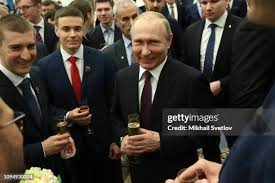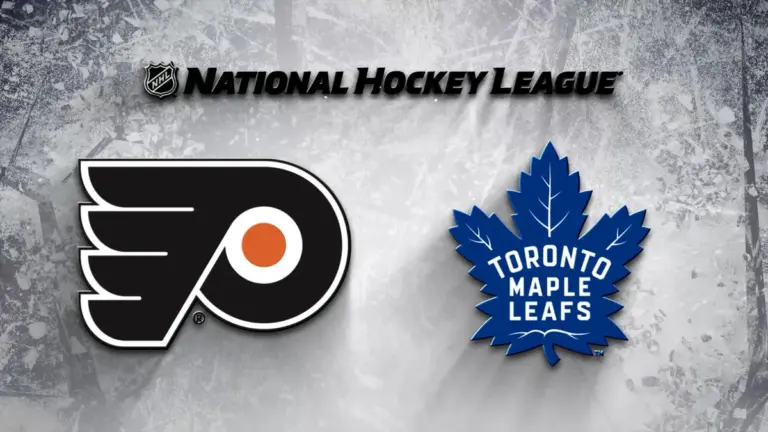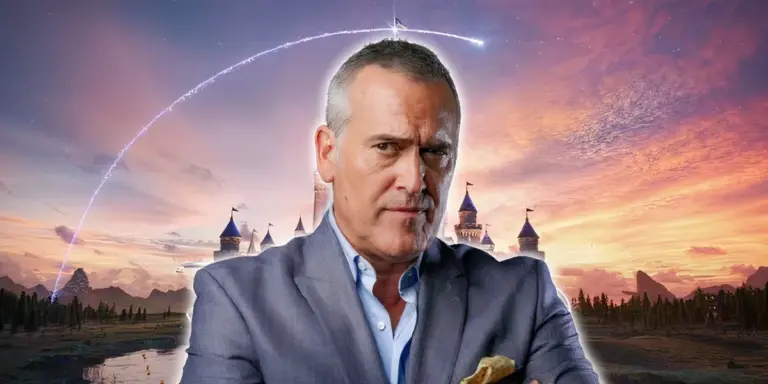
Introduction
Vladimir Putin, the President of Russia, remains a significant figure in contemporary global politics. His policies and actions influence not only Russia but also international relations and security dynamics across the world. Understanding Putin’s strategies provides insights into the challenges and changes currently faced on the global stage.
Recent Developments
In recent months, the geopolitical landscape has shifted dramatically, largely due to Putin’s decisions regarding Ukraine. In early 2022, Russia launched a full-scale invasion of Ukraine, reaffirming Putin’s aggressive foreign policy stance. This military action prompted widespread condemnation from Western nations and resulted in extensive sanctions against Russian individuals and companies.
As the conflict continues, Putin’s government has sought to strengthen ties with non-Western countries, particularly with nations like China and India. In a recent summit, leaders from these countries expressed support for an alternative vision of a multipolar world, challenging the Western-dominated order.
The Internal Landscape
Domestically, Putin has maintained a tight grip on power, suppressing dissent and controlling media narratives. Reports from various human rights organizations indicate an increase in the crackdown on opposition voices and protestors. This control not only bolsters his image as a strong leader but also serves to consolidate his position ahead of future elections.
Conclusion
The analyses of Putin’s leadership reveal significant implications for global stability and security. As he navigates increasing isolation from the West, predictions suggest that Russia may continue to pursue aggressive policies to assert its influence, both regionally and beyond. For citizens around the world, understanding these dynamics becomes crucial, as they may directly impact international relations, economic stability, and global cooperation efforts in the future.



